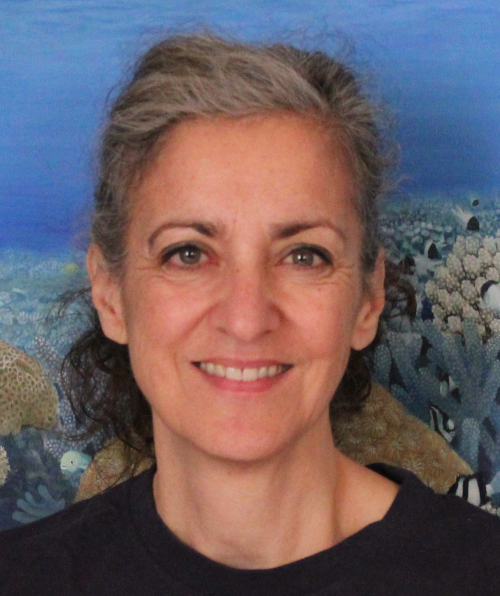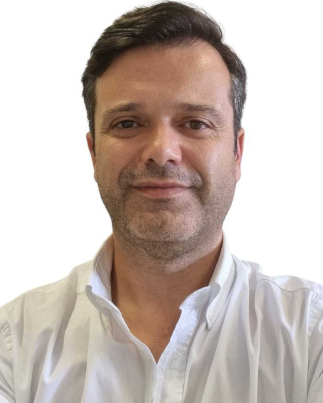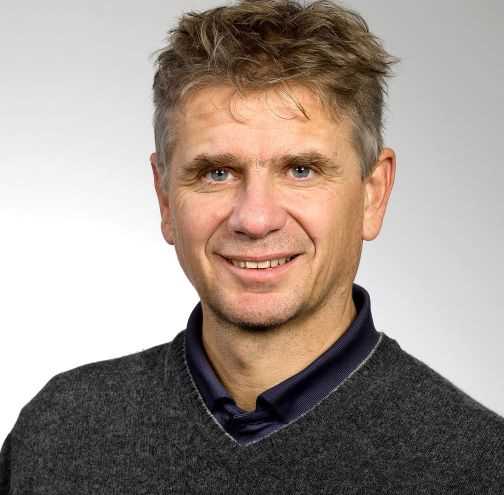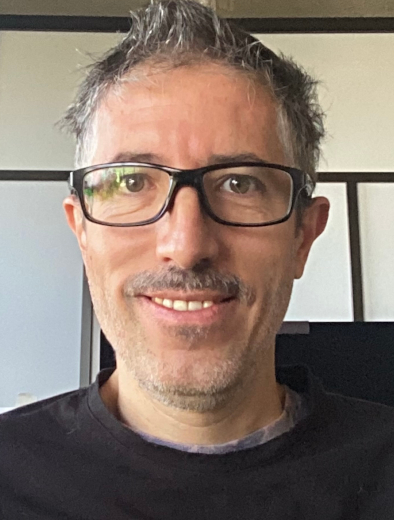
Dr. Monica V. Biondo obtained her a PhD in 2019 from the University of Bern, Switzerland. She started her research on trade in marine ornamental fishes in 2010 and has been the Head of Research and Conservation at the Fondation Franz Weber since 2013. Her research focuses on the control of international trade in marine ornamental fishes (coral reef fishes), in particular through the use and improvement of the European Trade Control and Expert System (TRACES), a European information system for international trade in live animals and goods of animal origin to prevent disease outbreaks. The use of the protection mechanisms of the Convention on International Trade in Endangered Species of Wild Fauna and Flora (CITES) has been one of her priorities since the mid-1990s. She is a member of the IUCN SSC Species Monitoring Specialist Group and the International Coral Reef Society and contributed to the Intergovernmental Science-Policy Platform on Biodiversity and Ecosystem Services (IPBES) report: ‘Assessment report on the sustainable use of wild species’, 2022 (starting page 131). In February 2013, I received the environmental award “Trophée de femmes” from the Yves Rocher Foundation.

Dr. Ricardo Calado obtained his PhD in 2005 in Biology (specialization in Animal Biotechnology) from the Faculty of Sciences of Lisbon University (FCUL). He is currently Coordinating Researcher at the University of Aveiro (Portugal) and develops independent research on Sustainable Blue Growth. He has authored more than 270 peer reviewed scientific articles and is Co-Editor-in-Chief of Aquaculture, Fish and Fisheries (published by Wiley). He is the scientific coordinator of one of the research units of CEPAM-ECOMARE and of one of the Portuguese Blue Hubs (CITAQUA). State-of-the-art research facilities addressing applied marine ecology, sustainable aquaculture, and blue biotechnology. He has worked for the last 20 years on the ABC of marine ornamental species: Aquaculture, Biology and Conservation. He is interested in the traceability of marine species being traded for human consumption, as well as marine ornamentals, and has actively been working with authorities to develop new approaches and tools to fight illegal, unreported, and unregulated (IUU) fishing.

Rainer P. Burki is a computer science engineer who graduated from the Swiss Federal Institute of Technology Zurich, ETH, and worked in the telecommunications industry for almost twenty years. In 2012, he completed a CAS in Sustainable Development at the University of Bern. He currently teaches computer science at a vocational school in Bern. He runs web servers for several NGOs and wrote a web service that sends immediate alerts when official Swiss monitoring reports high radioactivity levels. Since 2012, he wrote several databases to analyze fish trade data and developed tools to retrieve data from FishBase and the World Register of Marine Species, WoRMS.

Francisco Aguayo studied economics at the National Autonomous University Mexico and the University of Maastricht, the Netherlands. He was a researcher at the Science, Technology, and Development Program at El Colegio de México from 1998 to 2010. He has been a consultant for several development agencies and conservation organizations, and has published dozens of articles on sustainable development, energy innovation systems, industrial organization, climate change mitigation and the economics of wildlife trade. He teaches at the Faculty of High Studies Cuautitlán at the National Autonomous University in Mexico City and is a member of the World Economics Association.
